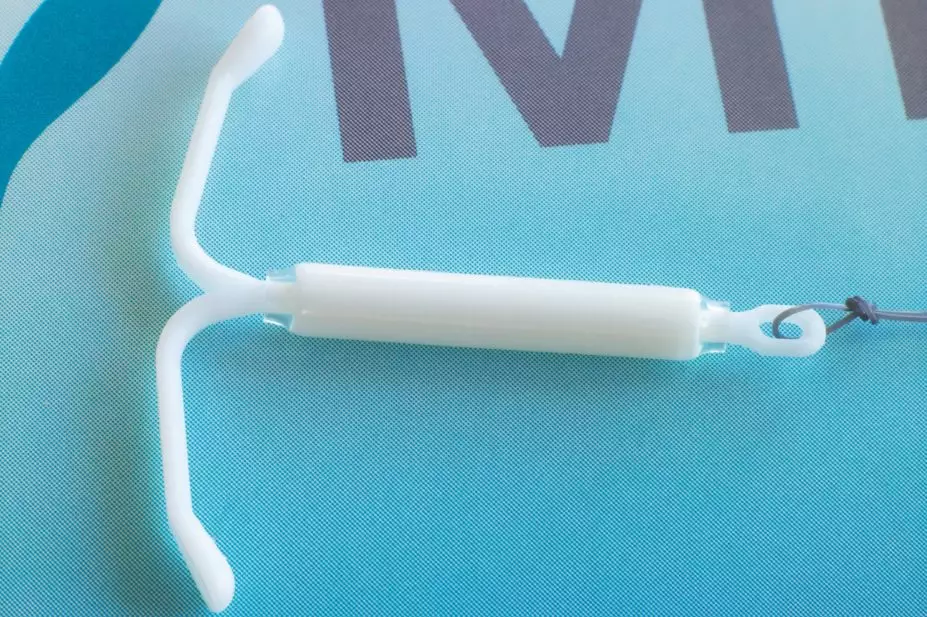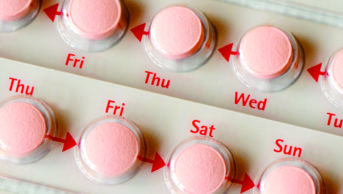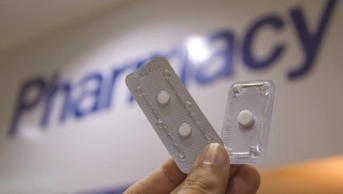
SATURN STILLS / SCIENCE PHOTO LIBRARY
Women seeking emergency contraception should be advised that an intrauterine device (IUD, or coil) is more effective than the morning after pill, the UK’s National Institute for Health and Care (NICE) announced on 8 September 2016.
The advice — which is part of the first quality standard for contraception and has the potential to make the coil first choice emergency contraception — has been endorsed both by the Faculty of Sexual and Reproductive Health (FSRH) and the sexual health charity Brook.
Although the standard is voluntary, it is aimed at health service commissioners and is expected to be the gold standard for health professionals to follow in practice.
NICE argues that an IUD has a lower failure rate than oral emergency contraception and, once fitted, can be used as continuing contraception. The coil is effective for up to five days after unprotected sex or within five days of expected ovulation.
“If women use an IUD this will reduce the risk of unplanned pregnancies and avoid the need for emergency contraception,” the new standard says.
However, it does acknowledge that if a healthcare practitioner is unable to fit a coil immediately on request, the patient should be directed to a “suitable service” and be given the emergency morning after pill in the interim.
Gillian Leng, deputy chief executive of NICE, says the new standard empowers women to make an informed choice about their methods of contraception.
Neal Patel, head of corporate communications at the Royal Pharmaceutical Society, says: “Many women will still visit their pharmacist for emergency contraception because their regular method has failed and they want a tablet rather than an IUD.
“Pharmacists can reassure women that emergency contraception is an effective way of preventing a pregnancy if it’s taken within 72 hours of unprotected sex. The consultation is also a great opportunity to explain the full range of contraceptive methods available so a woman feels fully informed about her choices.”
Jan Wake, GP and member of the NICE quality standard advisory committee, says the IUD is not only more effective than the morning after pill but can be retained as long-term contraception for up to ten years. “Timing, however, is essential and women deciding on the coil should make contact with the clinic they have been advised to attend as soon as is possible,” she says.
Asha Kasliwal, president of the FSRH and also a member of the NICE quality standard advisory committee, describes the standard as “a fundamental step towards achieving FSRH’s vision of high quality sexual and reproductive healthcare that is accessible to all, in whatever setting it is delivered”.
“We hope that this quality standard will help healthcare professionals, service providers and commissioners alike to help reduce unintended pregnancies in their localities, while making tangible improvements in the provision of, and access to, contraception.”
You may also be interested in

Provision of progestogen-only pill with emergency contraception in community pharmacy improves ongoing contraception use

Government group recommends reclassifying progestogen-only pill as an OTC medicine
